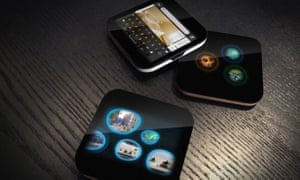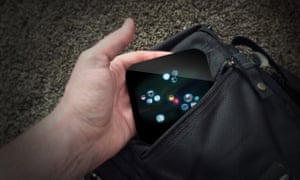Facebook's initiative, In ternet.org, rebranded as `Free Basics' a couple of months ago, has generated much debate on the subject. The service, delivered in collaboration with telecom operators, allows access to online content on "basics" such as health, education and employment and subscribers aren't charged for the data used.
Activists argue that such "zero-rating" pla ns go against the principle of net neutrality . But Zuckerberg believes that's "going too far". Answering questions at Facebook's first Town Hall Q&A in India, held at IIT-Delhi, he said: "Net-neutrality is a very important principle and we do a lot to support it in terms of pushing for regulation. This debate (exists) because countries are trying to figure out what their regulation should be." As loud cheers rang out at IIT-Delhi welcoming Mark Zuckerberg to the capital, cyber experts in the city voiced their concerns over Facebook's internet.org initiative. While the founder of the social networking powerhouse claimed that the views of people not connected to the internet were being ignored in the ongoing debate, net-neutrality advocate Nikhil Pahwa blamed Facebook for creating a "false choice".

"Zuckerberg is asking people to choose between universal connectivity and netneutrality ," Pahwa said. The principle of net-neutrality , he added, means that the opera tor shouldn't be giving a competitive advantage to any entity whether by manipulation of speed or differing pricing.
"Free Basics (the new name for internet.org) users will primarily get access to Facebook and its partners and this effectively discourages usage of the open web," Pahwa said, pointing out that internet penetration has increased dramatically in the past six months alone -rising by 52 million new users according to the Internet and Mobile Association of India.
We really don't have a problem, according to Pahwa. "There are ways to provide free access -it has been done in Africa, Bangladesh and the government free Wi-Fi projects are also on the same format. And none of these restrict usage to just a few sites," he said.
But, speaking at the IIT campus, Zuckerberg insisted that the line taken by net neutrality proponents may ultimately harm access to the net for the very large num bers who are still not online.
"Those pushing for netneutrality have access already ," Zuckerberg said."Those not on the net can't sign a petition pushing for access. We have a moral responsibility [toward] people who do not have access."
The type of content that'll be available through Free Basics is low-bandwidth, text and "not directly cannibalizing the operator's business".The platform "isn't a filter," Zuckerberg said.
Apparently Free Basics users -about 15 million across the world -tend to become full subscribers once they realise the benefits of being connected.
Zuckerberg's in India to interact with its Facebook community -population roughly 130 million -and a tiny part of it, about 1,100, attended Wednesday's Town House on the IIT campus.
"That's the second largest Facebook community in the world," Zuckerberg said."Our mission is to connect the world and India is the world's largest democracy . For every 10 people who get access, one gets a job, one gets elected out of poverty . It is a big opportunity to develop the economy here, one of the things you can do for the world."
Speaking on social tools from the Facebook stable, Zuckerberg said the safety tracking tool was used by millions to reassure family and friends after the recent earthquake. There's also Amber Alert on Facebook -a missing child alert currently available only in Canada and USA -that was launched in January this year and "at least one child has been found using it." "In 5-10 years, we want to build computers that are better at main human senses -that can see better, hear better," he said.




